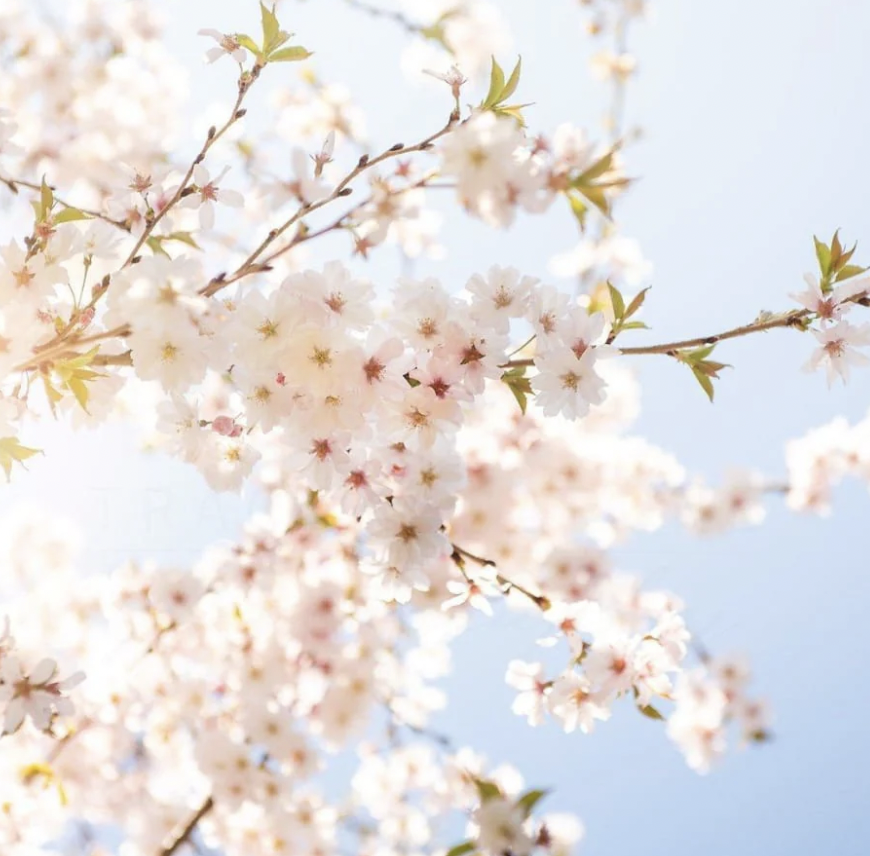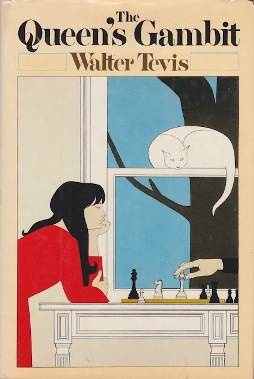By Dariga Atayeva, Year 12
One of the most notable poets of the 16th century, John Donne, was born to Roman Catholic parents in 1572, when England was undergoing reformation to Protestantism under Elizabeth I. Several of his relatives suffered martyrdom and as an effect, Donne’s sense of bitterness and isolation is illustrated in his earliest satires and love-eulogies.
Why is the work of a poet who lived over 400 years ago relevant to us today? Answering this question requires us to reflect on the purpose of poetry overall. Certainly, it is an art form of its own kind, one that combines language with music and philosophy. In almost all cases, classical poetry reveals elements of the past from the poet’s time that sparked intense feelings usually universal for the society of the time. This is only one of its essential values and it is important to remember that there are many more.
So, what makes John Donne a remarkable poet? How is he different from any other poet of his time? In most of his poems, Donne addresses someone or something else, with intense feelings that are expressed immediately in the very first lines. Through the poems, he addresses either a woman, natural phenomenon, or aspects of nature, even his own body. The poem that most notably shows this is The Blossom. In it, he begins by addressing a “poor flower” and warns it of the coming frost that will eventually put its “laugh and triumph” to an end. The tone portrays a narrator who is grave and solemn.
However, as the poem goes on, we discover that it is not a flower that he is addressing, but a woman whom he regards with lust and melancholy for she is “forbidden”. He goes on to address the woman and then shifts the focus to his own heart. By distancing himself from his heart he seems to retain his masculinity whilst simultaneously revealing his hidden longing and desires. When he tells the heart that he will be leaving for London and encountering friends there, the heart seems to respond to him, saying that it will remain behind. Donne argues with it, telling it that “a naked thinking heart, that makes no show, it to a woman, but a kind of ghost.” Perhaps he is comparing the heart to a ghost to emphasise how it might frighten the woman as it is “vulnerable” and thus open with its feelings.
However, this interpretation can be debated as some critics say that the word “naked” suggests the kind of nakedness that women truly want and that Donne is using this speech-like poem to warn his beloved that if she loves him then this is her last chance. It is interesting to debate what the poet might mean, whether he even intends this poem to be read by her or if there really is a “her”. Was it written for someone in particular to read? We just might never know.



